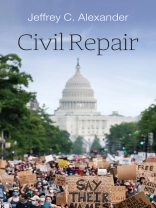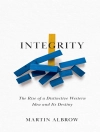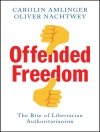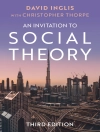This book challenges the pessimism that has so marked, and impoverished, social theorizing about modern life. Modernity has often been dark and debilitating, but it has also generated hope for a better life and extraordinary reforms and liberations, from the creation of hopeful democracies in the face of dangerous dictatorships to feminist transformations of patriarchy, struggles against imperialism and racial domination, and the stubborn but persistent reconstruction of pivotal institutions.
Jeffrey Alexander theorizes these radical reforms as ‘civil repairs’ – as efforts to make real the utopian promises of the civil sphere. Ideal civil spheres make stirring commitments to social solidarity, equality, and individual autonomy. Real civil spheres are rent by anti-civil hierarchies of class, gender, race, and religion. Contradictions between real and ideal civil spheres generate social movements for justice, which are not only about challenging power but making new and more solidarizing meanings. Civil repair is at once symbolic and institutional. It offers a new way to conceptualize progressive social change.
Table des matières
Preface
Introduction: Civil Repair and Social Theory
Chapter 1. The Long and Winding Road: Civil Repair of Intimate Injustice
Chapter 2. Feminism, Public Opinion and Presidential Power (with Willa Sachs)
Chapter 3. #Me Too as Societalization
Chapter 4. From Civil Rights to Black Lives Matter
Chapter 5. Obama-Tahrir-Occupy: Utopias of Civil Liberation
Chapter 6. From Civil War to Civil Peace: Trauma and Repair
Chapter 7. The Crisis of Journalism and Creative (Recon)struction
A propos de l’auteur
Jeffrey C. Alexander is Lillian Chavenson Saden Professor of Sociology at Yale University.












